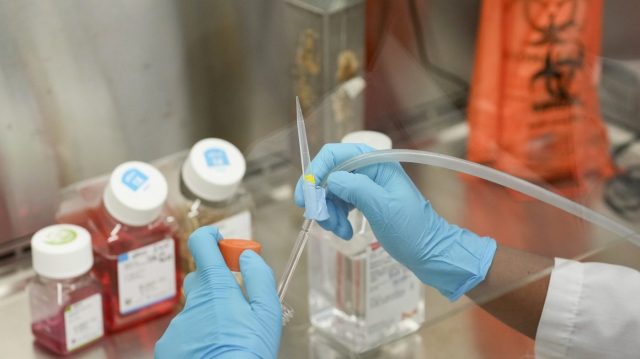Cancer's Silent Threat: How Trump's Health Budget Cuts Could Cost Lives

My life stands as a testament to the incredible power of cancer research and innovative oncology programs - the very same groundbreaking medical initiatives now facing devastating cuts under the current administration. Years ago, what seemed like an insurmountable health challenge became a journey of hope, thanks to cutting-edge medical research and compassionate healthcare professionals.
The treatments that saved my life were not mere accidents, but the result of decades of dedicated scientific investigation, rigorous clinical trials, and unwavering commitment to understanding and combating cancer. Today, these vital research programs are at risk of being dismantled, potentially robbing future patients of the same lifesaving opportunities I was fortunate to receive.
Every breakthrough in cancer treatment represents more than just medical progress - it represents lives saved, families preserved, and hope restored. By undermining these critical research initiatives, we are not just cutting funding; we are potentially extinguishing the very flames of innovation that offer light to those facing their darkest medical challenges.
I am living proof that medical research works. My story is a powerful reminder that continued investment in oncology and cancer research is not a luxury, but a fundamental necessity for human health and survival.
